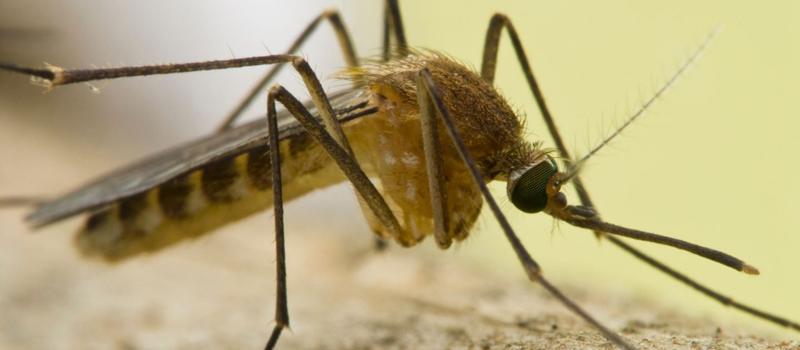New Florida Mosquito Proves a Frequent Flier
Posted by Mosquito Squad
December 20, 2023
Florida is home to about 90 mosquito species at the time of this writing, and now we can count one more towards that number.
We don’t blame Florida’s newest permanent mosquito resident, the Culex lactator. If we were mosquitoes, we would like Florida, too! Lots of great weather, lots of water in which to lay eggs, and droves of residents, snowbirds, and vacationers to snack on. What mosquito wouldn’t love living here? First identified in 2018, there are now known thriving Culex lactator populations in three of Florida’s southernmost counties – Lee, Collier, and Miami-Dade.
Is this new Florida mosquito a possible health threat?
So what is there to worry about? It’s just another reason why we need mosquito control Nocatee, right?
Well, folks, there’s plenty to worry about. Currently found in those three counties for starters, scientists are concerned because of the rate of new mosquitoes arriving in Florida and the potential for them to transmit mosquito-borne diseases.
This new mosquito pest and disease carrier, Culex lactator, is the latest to establish a home here in the Sunshine State, according to a new study published in the Journal of Medical Entomology by faculty at the UF/IFAS Florida Medical Entomology Laboratory. So if you’re wondering if mosquitoes like salt water, with Nocatee located just minutes to the closest public beach, the answer appears to be yes.
Mickler's Landing, in the Eastern end of Nocatee, appears to be a welcome spot for this new, vile pest. Among those mosquitoes that breed in salt water (such as Opifex fuscus), some are equally at home in fresh and salt water up to about one-third the concentration of seawater, whereas others must acclimatize themselves to the salinity. Such differences are important because certain ecological preferences keep mosquitoes away from most humans, whereas other preferences bring them right into houses at night.
The Culex lactator mosquito was first discovered in Miami-Dade County in 2018 by UF/IFAS faculty while they hunted for other nonnative mosquitoes. Since then, thriving populations have been recorded in Miami-Dade, Collier, and Lee counties. Scientists are concerned that there hasn’t been enough research on the species and their potential disease risk.
According to Lawrence Reeves, lead author of the report and an assistant professor and mosquito biologist at the UF/IFAS research center in Vero Beach, “There are about 90 mosquito species living in Florida, and that list is growing as new mosquito species are introduced to the state from elsewhere in the world.” And that, my friends, is bad news, no matter how you look at it.
Culex lactator is found in Central America and northern South America and is a member of the Culex group of mosquitoes. This group includes important species that transmit the West Nile and St. Louis encephalitis viruses.
Culex lactator is physically similar to mosquito species already known in Florida. It looks like many other common mosquito species, and because of that similarity, the presence of Culex lactator in an area can be easy to miss.
So don’t take any chances, Nocatee residents. Subscribe to mosquito control Nocatee now.
Will this new Florida mosquito find its way to Nocatee?
Like the adage says, “An ounce of prevention is worth a pound of cure.”There is always a likelihood of this new mosquito species finding their way to the Jacksonville and Nocatee FL area. And while we should always be aware of new Florida mosquitoes, we must first deal with those that are already here. As you know, one mosquito bite can result in an illness. Whether that’s a mosquito-borne illness, allergic, or cellulitis, our mosquito control in Nocatee can help shield your family from those threats.
Florida’s proximity to the tropics and climate conditions makes it ideal for nonnative mosquito species. Scientists are concerned about the rate and frequency of new species establishing here. As many as 17 nonnative mosquito species are already established in the state. Researchers stress that the detections of nonnative mosquito species are increasingly frequent, with 11 of 17 nonnative species first reported in the past two decades, and six of these 17 detected in only the past five years.
With periodic mosquito control sprays from Mosquito Squad, focusing on those targeted areas around your home where the buzzing and biting problem is worse, our expert mosquito control and elimination team can help keep your family safe while preventing those annoying flying insect bites that can bring big problems.
Call on Mosquito Squad of Northeast Florida for effective mosquito control Nocatee. Get in touch with us at (904) 844-0816.
